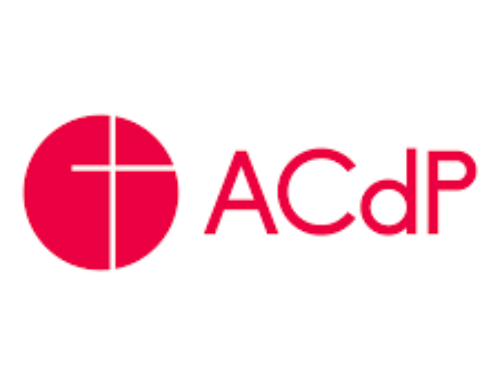“Catholic doctors reject the new technique reported from the Oregon Health and Science University in Beaverton to produce embryonic stems cells genetically identical to the adult donor as still being unethical. Some commentators have suggested that as the technique used was a modification of the original technique used to clone Dolly the sheep in 1996, and used unfertilised human oocytes, it did therefore not use human embryos and so would be more ethical.
However this technique DOES produce human embryos. Throughout the paper the authors describe the resulting product of the nuclear transfer as ‘embryos’. The developing early embryos were allowed to develop to the blastocyst stage and then treated in the conventional way to produce the embryonic stem cells. The early embryo is a clone of the adult donor and if implanted in a woman could theoretically develop into a clone of the donor adult.”
————————————————————————————————
There is also a good statement from an Evangelical Christian Doctor (not Catholic) see
————————————————————————————————
ITALIANO
I medici cattolici rifiutano la nuova tecnica sostenuta dall’Oregon Health and Science University di Beaverton per produrre cellule staminali embrionali geneticamente identiche al donatore, non viene accettata dai dottori cattolici in quanto non etica. Alcuni esperti sottolineano come questa tecnica presenti delle differenza rispetto a quella originale utilizzata per clonare la pecora Dolly nel 1996,poiché vengono sfruttati ovociti umani non fecondati, quindi, non utilizzando embrioni umani, risulterebbe essere più etica.
Comunque questa tecnica PRODUCE embrioni umani. Attraverso infatti gli scritti degli autori si descrive come “embrione” il risultato prodotto dal trasferimento nucleare. L’embrione iniziale è un clone del donatore adulto e, qualora impiantato in una donna, potrebbe teoricamente sviluppare il clone del donatore adulto.










[…] Catholic doctors reject the new stem cell technique [FIAMC, May] […]